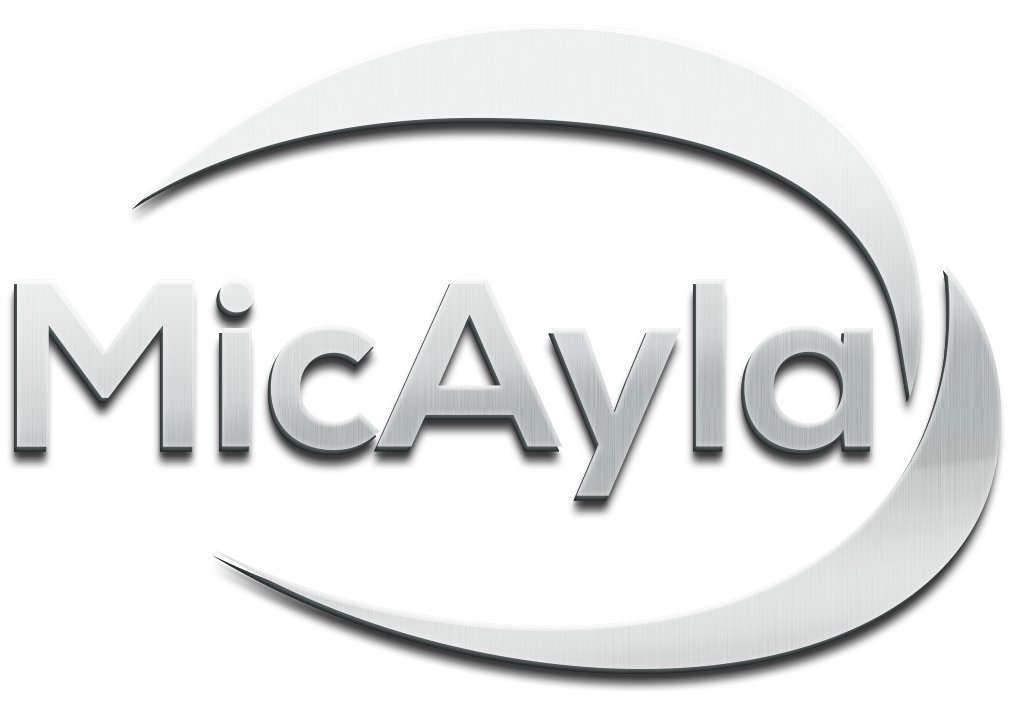Safety is always a top priority in construction, and for good reason. The construction industry has some of the highest rates of workplace injuries and fatalities compared to other industries. But accidents can still happen, even when everyone is taking the necessary precautions. That’s where project controls come in – they can help construction businesses establish and maintain a strong safety culture by implementing safety protocols, monitoring compliance, and identifying potential hazards.
One of the most important functions of project controls is to establish safety protocols. This involves creating policies and procedures that outline safe work practices, as well as identifying potential hazards and developing plans to mitigate them. For example, construction businesses could implement “construction safety protocols” for working at heights, handling hazardous materials, or operating heavy machinery. By creating clear and concise “safety protocols,” construction businesses can help ensure that everyone on the job site is aware of the potential hazards and knows how to stay safe.
Another way project controls can help with safety is by monitoring compliance with safety protocols. This involves conducting regular inspections, reviewing safety records, and tracking key performance indicators such as the “number of safety incidents” and the “severity of injuries.” By monitoring compliance, project controls can help identify potential areas of risk and take steps to address them before an accident occurs.
Finally, project controls can help identify potential hazards before they become a problem. This involves analyzing data from multiple projects to identify common causes of accidents and near misses. For example, project controls might identify that workers are frequently injured while working at heights or that certain types of machinery are more likely to malfunction. By identifying these patterns, project controls can help construction businesses take proactive steps to prevent accidents and keep workers safe.
In conclusion, safety is always a top priority in construction, but accidents can still occur. That’s why “project controls for safety” are so important – they can help establish safety protocols, monitor compliance, and identify potential hazards before they become a problem. By taking these steps, construction businesses can help create a safer work environment for everyone involved.
Our Project Controls professionals are available for a free 30-minute consultation to discuss how project controls can benefit your business or projects, or to review and improve your existing processes. Don’t hesitate to book your call today.
About MicAyla Inc.
MicAyla Inc. offers customized project controls services for construction companies and projects in various sectors. With over 150 years of combined experience, we use the latest in technology and best practices to provide highquality solutions that prioritize safety, sustainability, and accuracy.
Contact
MicAyla Inc.
2200 Post Oak Blvd,
Suite 1000
Houston, TX 77056
Links
MicAyla Inc. © 2023. All Rights Reserved.

